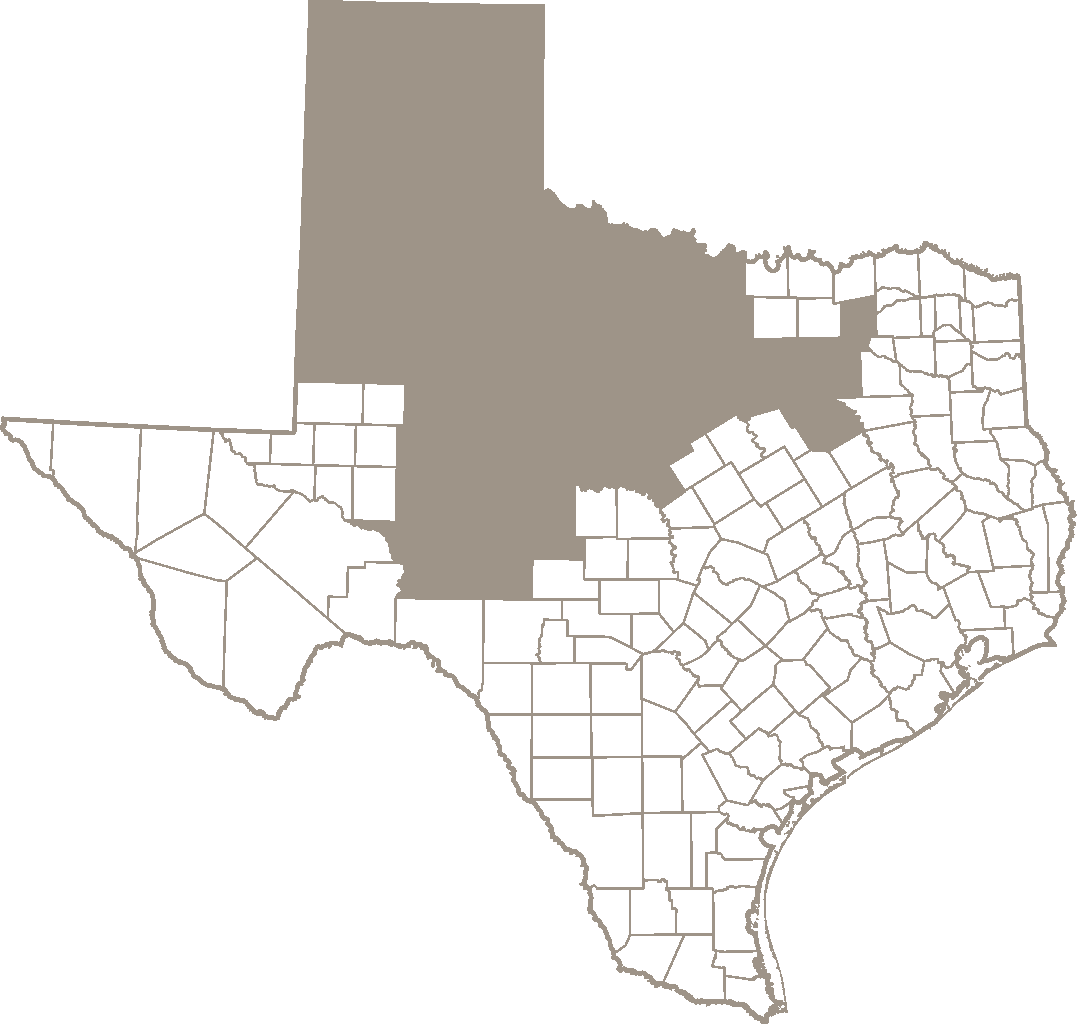The Court may refer a case to ADR: 1) on the motion of any party, 2) on the agreement of the parties, or 3) on its own motion. Most of the time, the judge will accept the parties' agreement except in cases where the judge believes another ADR method or impartial third party is better suited to the case. The judge may also suggest or require other settlement procedures in addition to ADR. If you object to having your case referred to ADR or the appointment of the impartial third party, you may file a written objection with the Court explaining the reason(s) for your objection.
The ADR method most commonly used by the Court is mediation. Once a case has been referred to mediation, the parties may select their own mediator or the Court will choose one. Costs for the mediation are generally shared equally by the parties to the lawsuit. For a mini-trial, the parties are expected to work out their own arrangements including the payment of all costs. Upon request, the Court may assist in the selection of the neutral third party.
If a summary jury trial is selected, the Court will preside at the trial and will provide a panel from which jurors will be selected. Once a case has been referred to early neutral evaluation, the parties may select their own early neutral evaluator or the Court will choose one. The costs for the early neutral evaluation are generally shared equally by the parties to the lawsuit.

